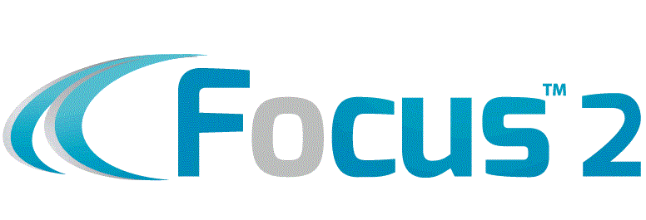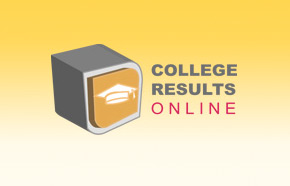Everybody is Entitled to Government Funding For College
Money For College - Did You Know Everybody is Entitled to Government Funding For College?
by Dr. Kuni Beasley
EVERYBODY (citizens and legal residents) in the US is entitled to some sort of federal aid -- EVERYBODY! It doesn't matter how much you make or how poor you are, you are entitled to some form of government aid. Many people feel they make too much money to qualify for government aid and forgo their entitlements and spend way too much of their own money for college.
Federal student aid comes in three forms: grants, loans, and work/study programs.
Most people have heard of the Pell Grant -- originally called the Basic Educational Opportunity Grant (BEOG) and named after Senator Claiborne Pell of Rhode Island, who passed away January 1, 2009 (bit of trivia here). The Pell is aimed at lower income students. Statisticians use the Pell Grant as a marker to determine the economic diversity of student at a particular college (a bit more trivia). Next in line is the Federal Supplemental Educational Opportunity Grant (FSEOG), issued to students with extreme financial need.
Three other lesser known grants are also available: the Academic Competitiveness Grant (ACG), the National Science and Mathematics Access to Retain Talent Grant a.k.a., the National SMART Grant, and a new one, the Teacher Education Assistance for College and Higher Education or TEACH Grant. The ACG is for students who completed a rigorous high school curriculum with distinction and is applied to the first two years of college. The SMART grant targets math, science, technology, and engineering students in their last two years (third year if in a five year program). Both of these are awarded on top of the Pell Grant. The TEACH grant targets students who are training to be teachers and are willing to work in a high-need field in low income areas.
These are grants and do not have to be repaid.
The Stafford Loan is the predominant loan program for students and the PLUS Loan for parents and graduate students. These Federal loans are the confluence of two loan programs, the Federal Family Education Loan (FFEL) and the Ford Federal Direct Loan Program.
Now, get ready for little shell game to help understand these loans. There is kind of a matrix with the FFEL and Direct Loans across the top and Stafford and PLUS along the side. The FFEL and Direct Loan programs are differentiated by where the loan is made. Under the FFEL, the loan is made by a commercial lender (bank, credit union, etc.); under the Direct Loan, the loan comes directly from the Federal government. The Stafford and the PLUS can come from either the FFEL or the Direct Loan sources.
The Stafford is further divided into subsidized and unsubsidized loans. Subsidized loans are awarded based on need and the government pays the interest while the student is in school. The unsubsidized is not based on need and the interest accrues while the student is in school.
PLUS loans are made based on the credit check of the parents. These can be paid back 60 days after the loan is disbursed or 6 months after the student finishes or leaves school.
Everybody is entitled to at least the unsubsidized Stafford Loan regardless of income.
You have to file a Free Application For Federal Student Aid (FAFSA) to apply for any Federal grant or loan http://www.fafsa.ed.gov/.
Loans are a good thing if you cannot afford the cost of college. However, I am not a big advocate of borrowing. The student could easily end up with a loan payment as big as a mortgage payment and have no house to show for it. I don't think any school in the country is worth that much. But, I have had parents disagree with me and borrow upwards of $150,000 (combined parents and student) to put their kids through a high priced college.
Wouldn't had been easier just to make better grades and higher SAT and ACT scores?
Kuni Beasley, Ph. D., College Professor, High School Dean, and College Counselor.
No matter what I wrote above, it doesn't mean anything if you don't get into the college you want or have to go into debt up to your eyeballs to do so. Contact us to see how we can help 1-888-237-2087 ext. 2.





